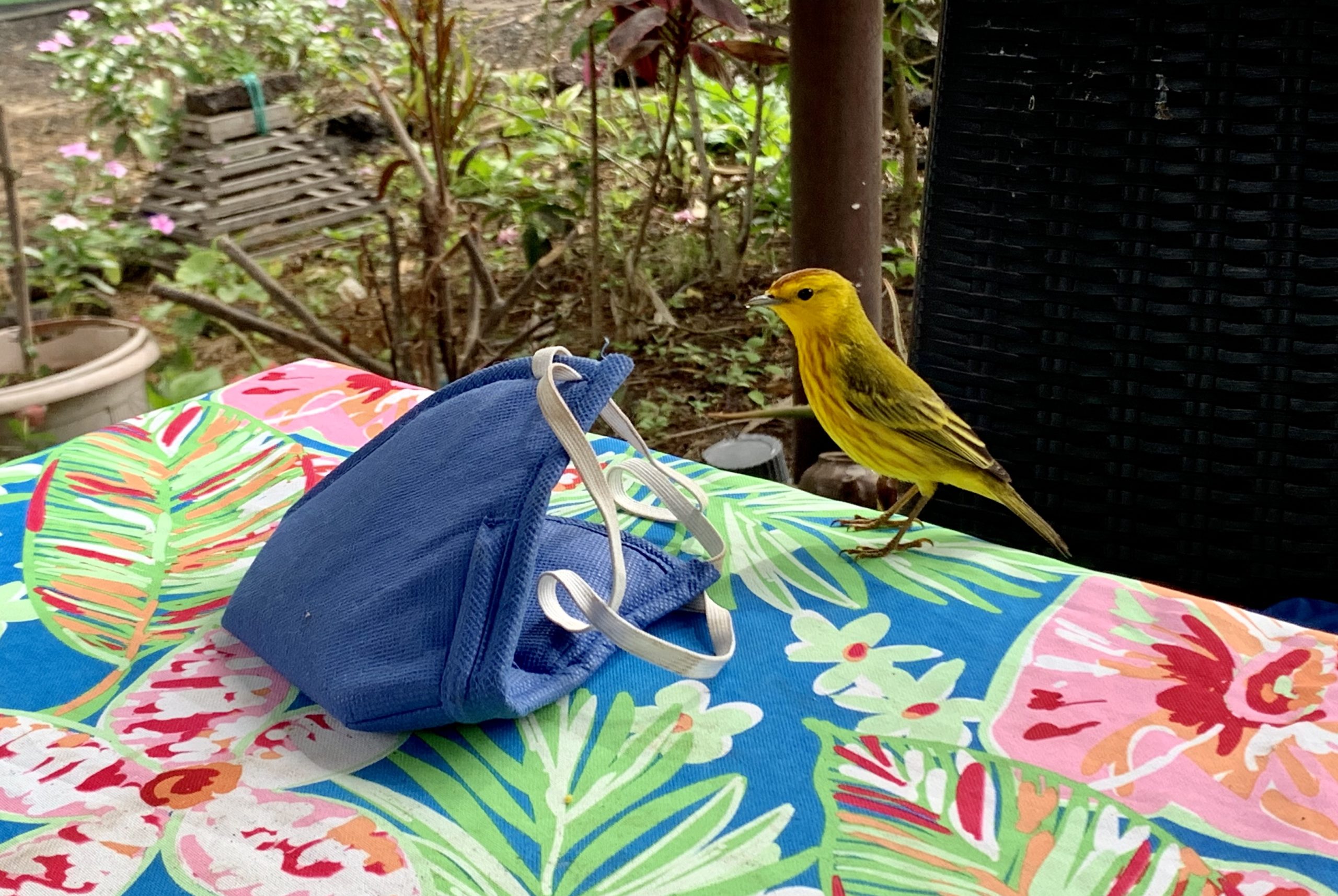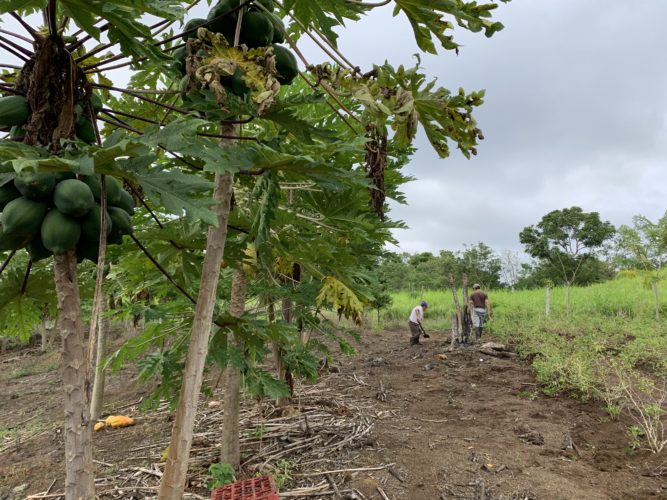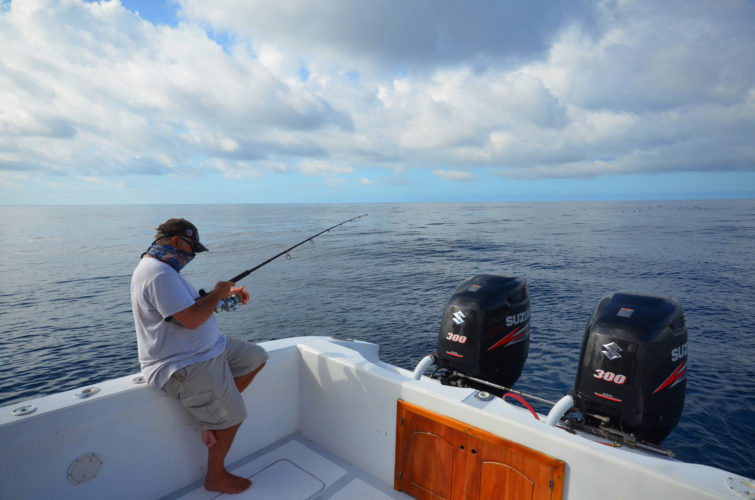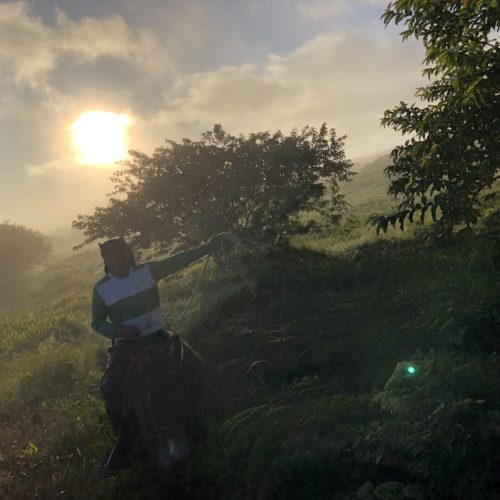October 15, 2020
The Galapagos Islands Adaptation to Survive the Covid-19 Pandemic.

Since the pandemic has started, the world of tourism has been shut down. With 80% of the population relying on tourism for sustenance in the Galapagos Islands, the halt in tourism has been detrimental.
Galapagos was quick to react to the virus by shutting down borders. This decision largely spared the islands from the devastating impact felt in many parts of the world. However, financially it has taken a drastic toll. There is no income for most of the population without tourism, and the local government provides little financial support.
Locals have been left with no choice but to follow the same adaptation path, which every unique species on the Galapagos islands has taken, to enable them to survive. Adaptation is precisely what made the islands famous and inspired Charles Darwin’s theory of evolution. Adaptation is also what will carry the locals through these trying times.
How are the locals adapting to the crisis?
Farming, fishing, and hunting were once the only way inhabitants found their food to live. However, the number of residents dedicated to these activities has declined due to the new generations preferring higher-paying jobs in tourism. This meant more cargo was being brought from the mainland and, along with it, the unintentional introduction of invasive species. When the Covid-19 crisis hit, not only did the tourists disappear, the cargo planes and ships stopped arriving also. Out of necessity, many locals have returned to their ancestral origins to survive the crisis.
Families have relocated to the highland farming areas to cultivate local produce. New and forgotten skills are being learned in these families and small communities as they have begun making a variety of local products like cheeses, yogurts, and jams. Now, months into the crisis, these families are seeing the results of their hard work by providing food for their family and a vital income selling produce and products in local markets at a low cost.

Local fishermen have been essential to the community by providing fish at a low cost and even gifting fish to those in need. Local fishermen must abide by the Galapagos National Park Rules to fish in the marine reserve. A limited number of fishing licenses, fishing zones, quotas, and seasons are just some of the rules in place to keep the marine reserve healthy. This highly regulated activity and a healthy marine reserve have made this valuable food source possible.

Hunting wild pigs, cattle, and goats within the National Park is one of the island’s traditional activities. Since the pandemic, hunting has increased, providing benefits for both the local people and the delicate Galapagos species. These introduced animals were first brought to the islands by whalers, pirates, and first settlers and became a major conservation threat. Wild pigs and goats eat the eggs of giant tortoises and birds, and they compete for and demolish the same food plants that native animals rely on. The Galapagos National Park supports local hunters as they provide food for local families and help control these introduced species.

The Return of Tourism
Farming, fishing, and hunting are providing locals with much-needed security during this crisis. These activities are also preparing them for the return of tourism. Sustainable tourism and supporting the islands, not at the expense of nature, but to its benefit, have always been frontline topics for Galapagos. Now, once tourists return, locals will be more prepared than ever to provide them with local products and experiences in a sustainable way.
More than ever before, locals understand that they are the islands’ guardians. It is their responsibility to protect and take care of this paradise. And this privileged guardianship, in turn, will give them a sustainable subsistence and a brighter future.
At Galakiwi, we believe locals have the power to make a profound difference in the islands’ future. They must be the foundation, and at the forefront of conservation movements. They need jobs. They need inspiration. And they need a reason to be the passionate conservationist essential to protecting the Galapagos Islands.
Just like the first green shoots sprouting in the lava fields of Sierra Negra Volcano, the first tourists are returning to the islands giving hope to the locals of a gradual and slow recovery. We are confident that the adaptations made by these hard times have made the local community more robust and will subsequently improve the services offered as tourism rebounds.
Galakiwi tours support the local community by utilizing local hotels, restaurants, guides, drivers, divers, captains, crew, you name it! We have always recognized that the local community is the key to a thriving Galapagos. This dedication to empowering local communities is an essential part of our philosophy and just one of the reasons why our tours are unique and authentic.
Check out this video to see how our tours support the local economy: https://youtu.be/cG4D7BEmt1s
